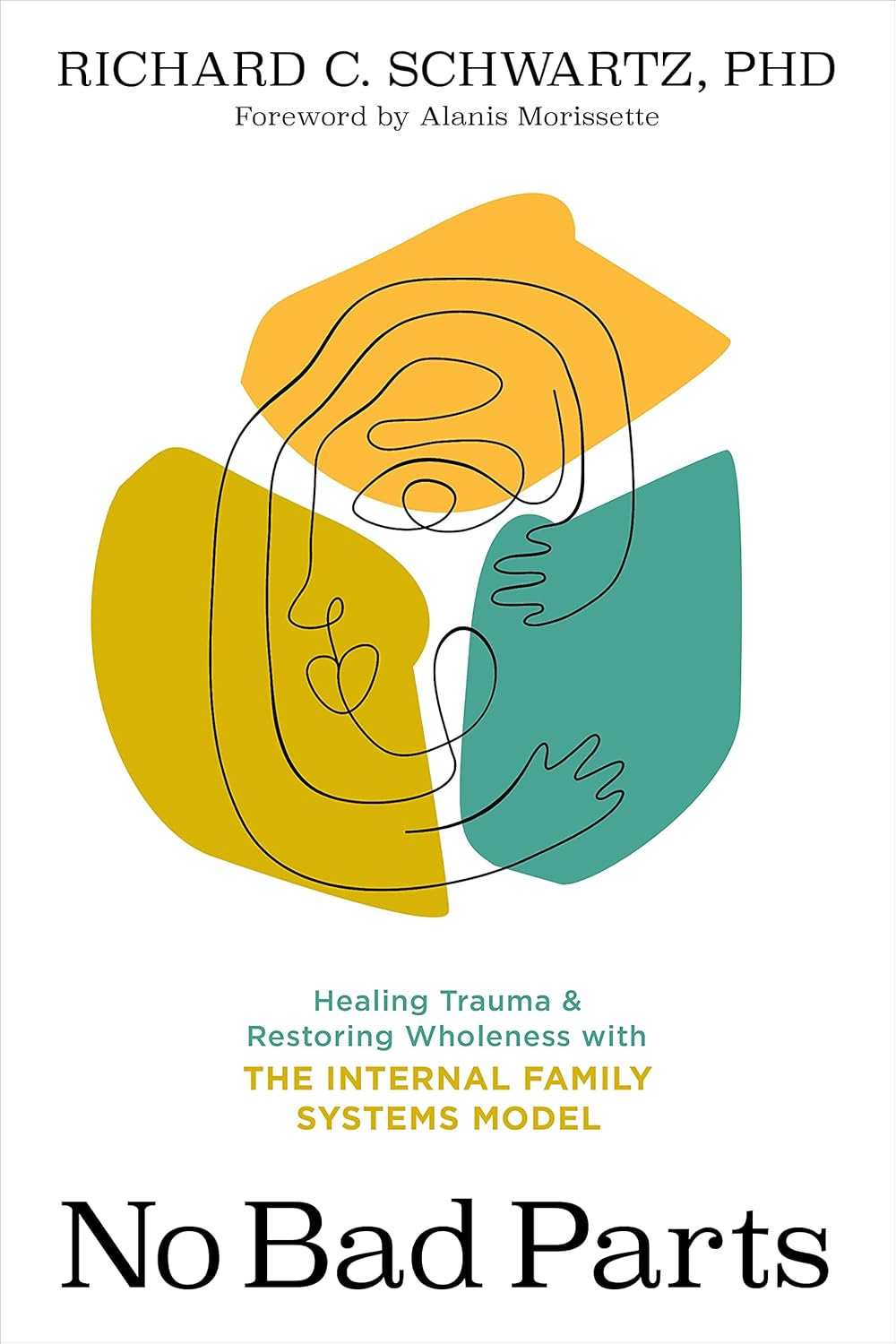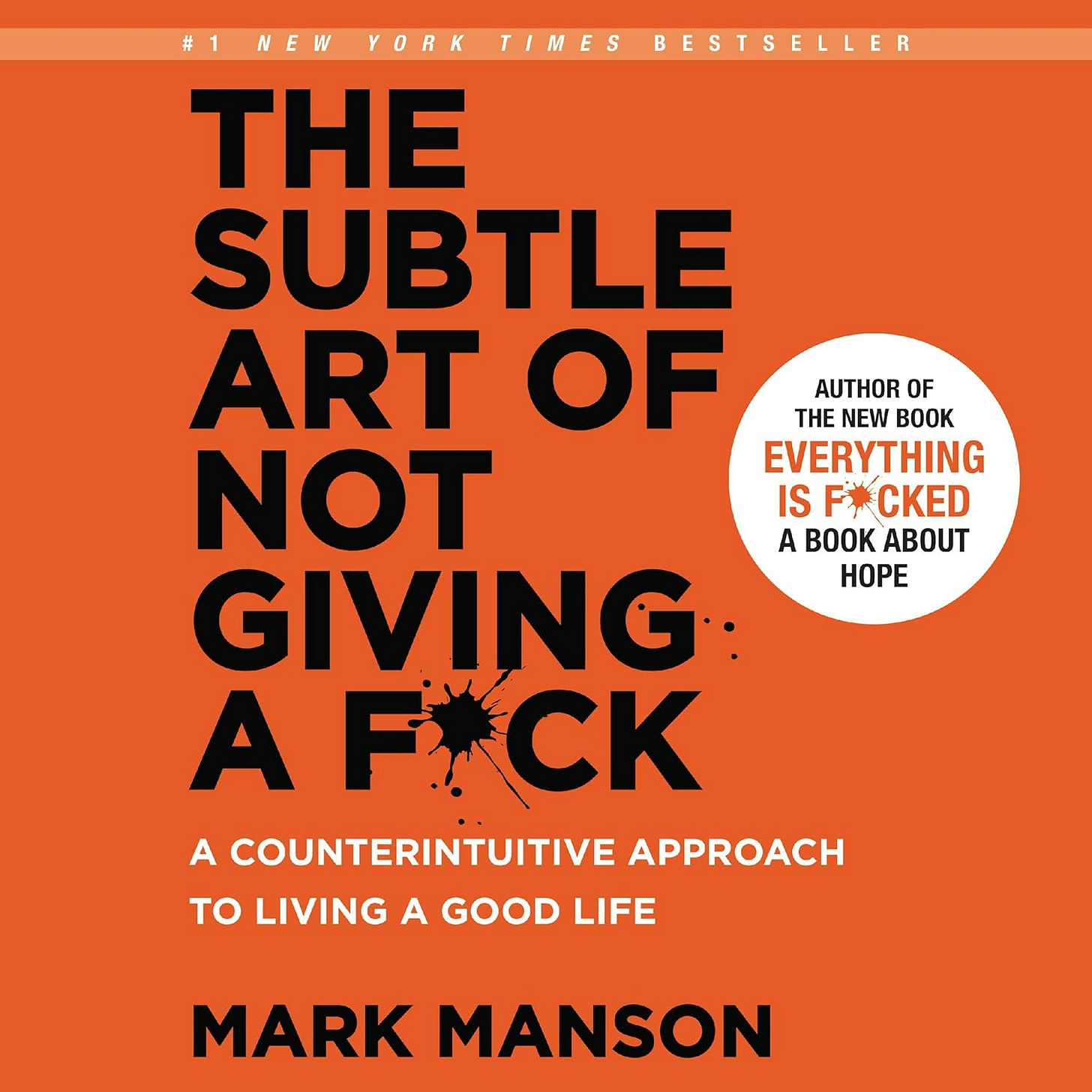7th Issue: 3 Comforts for Enmeshment Patterns in Family where Oversharing Hurts You
You might think that this is such a minor issue.
It’s not an issue, it’s a symptom first.
And then it becomes the cause.
“The Singapore sky bled purple into midnight blue as I watched my phone transform into a small beating heart on my desk. Forty-seven floors above the city, my decisions had started taking physical form - shimmering butterflies that dissolved whenever I reached for the familiar numbers that connected me to Boston. The elderly woman in the mirrored elevator never spoke, but today she handed me a teacup filled with what looked like liquid time. My mother's voice rippled across its surface, creating concentric circles of questions about my latest merger deal.The bonsai on my desk had begun growing memories instead of leaves - tiny crystalline fragments that caught the light and projected scenes from childhood onto my office walls. Each leaf whispered advice in my mother's voice, their rustling growing louder whenever I approached a major decision. The city lights below formed patterns that spelled out her unasked questions, while the wind carried the scent of her disapproval across thirteen time zones.But this morning was different. The elevator mirror showed seven versions of myself, each one more distinct than the last, and the final reflection had edges sharp enough to cut through old habits. The teacup's surface rippled one last time, revealing a woman whose silhouette no longer merged with her mother's shadow. As dawn broke over the financial district, my phone-heart skipped a beat, then settled into a rhythm that was, for the first time, entirely its own.”
The above is magical realism depiction about woman struggling to not share EVERYTHING with her mother..
That oversharing comes from Enmeshment Pattern in Family.
What is Enmeshment? Clinical Definition
A condition where two or more people, typically family members, are involved in each other's activities and personal relationships to an excessive degree, limiting healthy interaction and compromising individual autonomy and identity 2.
Key Characteristics
Boundaries that determine family closeness become unclear or non-existent
Parents center their actions and emotions on their children's successes or mistakes
Parents attempt to direct all of their child's thoughts and feelings
Heavy reliance on children for emotional support
For trauma survivors, the line between appropriate vulnerability and oversharing becomes particularly blurred.
It all creates a harmful loop where:
You share to seek connection and validation
Receive negative feedback that creates anxiety
Feel compelled to share more to fix the situation
How is Enmeshment different from co- dependency?
Core Dynamics
Enmeshment involves a mutual fusion of identities where boundaries become nonexistent or blurred between people 1 2
Codependency typically features one partner taking a caretaking/enabling role while the other becomes dependent on that support 2
Relationship Pattern
Enmeshment
Boundaries become so entangled that individuals cannot distinguish themselves from others 1
Both parties lose their sense of individual identity and autonomy 4
Often originates from family-of-origin dynamics 2
Codependency
One person excessively relies on another for emotional support 4
Involves a clear pattern of one person rescuing/enabling the other 2
Develops in response to specific stressors or traumas within the relationship 2
Impact on Identity
Enmeshment
Both parties struggle to separate their emotional experiences 3
Involves mutual fusion where personal boundaries become permeable 3
Codependency
One person's identity becomes dependent on caring for the other
Focuses on filling a void in self-esteem or identity 4
It's important to note that both conditions can coexist in the same relationship, creating a cycle where both individuals become overly involved in each other's lives in unhealthy ways 4.
So why do we keep oversharing even though we feel stuck in it and might even play victim role of our own actions?
(This was the most interesting discovery for me, personally)
Impulsivity factor
Several mechanisms drive impulsive oversharing:
Lack of emotional inhibition and self-regulation 3
Difficulty filtering thoughts before expressing them 3
Depleted self-control resources, especially in those with social anxiety 6
Identity-Related Issues
An unclear sense of self-identity, leading to over-reliance on others' opinions 3
Need for external validation to form self-concept 3
Attempt to appear authentic and build trust 4
Dopamine-Seeking Behavior
The act of sharing creates a dopamine high, making it potentially addictive2. When the emotional high fades, people often seek out new listeners rather than executing their plans, creating a cycle of sharing without action1.
1st Comfort: Purge Out the feelings about Enmeshed Relationship
💪 Effort: Low
💰 Cost: 0$
⏳ Time it takes to complete: 1 hour
🕰️ When: If You are in enmeshed relationships, do it today as a first step.
📋 Instructions:
Hour-Long Journaling Session
10 Minutes: Emotional Release
Set a timer for 10 minutes
Write continuously without stopping about your feelings regarding the enmeshed relationship
Let thoughts flow without judgment or editing
Don't worry about grammar or structure
15 Minutes: Boundary Exploration
Write responses to:
What beliefs do you have about boundaries?
How do you feel when your boundaries are crossed?
What boundaries do you need but haven't communicated?
What makes speaking about your needs difficult?
15 Minutes: Identity Reflection
Explore:
How are you different when away from the enmeshed relationship?
What parts of yourself have you lost or hidden?
What positive traits do you bring to relationships?
What would your ideal independent self look like?
10 Minutes: Future Vision
Write about:
How would your life be different with stronger boundaries?
What specific changes would you like to make?
What support do you need to make these changes?
10 Minutes: Self-Affirmation
End by writing a letter to yourself:
Affirm your right to autonomy
Acknowledge your strength
Commit to specific boundaries you'll maintain
Express compassion for yourself
🔬 Science:
Processing Method
Creates emotional catharsis through release of unconscious conflicts1
Increases cognitive processing by forming coherent narratives1
Provides exposure therapy effect, reducing harmful thoughts and feelings over time1
2nd Comfort: Identity and Self Work - define yourself and unblend from the Part(s) that force you to share.
💪 Effort: High
💰 Cost: 0$
⏳ Time it takes to complete:
🕰️ When: You are ready to build yourself.
📋 Instructions:
Educate Yourself about the IFS system by reading 1-2 books of Richard C. Schwartz.
Find a therapist specialising with IFS system.
Great place to start with understanding IFS system is this book:
🔬 Science:
IFS is now recognized as an evidence-based treatment option, having been listed in the National Registry for Evidence-Based Programs and Practices2.
3rd Comfort: Create a communication plan with a person that You have an Enmeshed Relationship with.
💪 Effort: Low
💰 Cost: 0$
⏳ Time it takes to complete: 15 minutes
🕰️ When: Today
📋 Instructions:
Create boundaries and inform them that You will talk only 1 time per week or 1 time per month.
Before the call or meeting, go through things that are happening in your life and make decision what to share and what not.
WARNING: Be ready for a storm of guilt and insecurity. Write an action plan for what will do if guilt and anxiety kicks in. It would be great
Learn to Tolerate other people’s Displeasure with You. Educate Yourself about how to stop reacting to other people’s criticism.
🔬 Science: It’s a tool that helps you to answer question: BUT HOW? I can’t image doing it at all!
It simply allows space for independent decision-making 2
Then You will notice that while Your self is growing and strengthening You feel less and less guilt and insecurity about not sharing everything.
Conclusion
This article started as question, obeservation and guilt of oversharing.
It then moved to research about Enmeshment.
Hopefully it will open doors for someone like You to explore the issues that are masked as “normalised habits of expressing love”.
Happy un-enmeshing:)







